Reasoning, common sense, planning, learning, communicating, and combining all the above to achieve a goal or complete a job require human intelligence. Although there are many different approaches to the multidisciplinary science of artificial intelligence (AI), advances in machine learning and deep learning are causing a paradigm change in almost every tech industry area. You will learn about the idea of AGI in depth in this blog, its applications and uses, and what eminent scholars and physicists have to say about it.
What is Artificial intelligence?
What does AI stand for: Artificial intelligence definition is as a branch of computer science that focuses on creating intelligent machines capable of doing tasks that traditionally require human intelligence. They are already present in practically all tech industry areas because of deep learning and machine learning developments.
AI is becoming increasingly prevalent daily, from the emergence of self-driving cars to the spread of intelligent assistants like Siri and Alexa. As a result, several IT firms from various sectors are investing in artificial intelligence technology.
Where is it Used?
Autonomous cars, medical diagnosis, natural language processing, mathematics, art, gaming, search engines, digital assistants (like Siri), picture identification, spam filtering, aircraft delay prediction, targeted online advertising, energy storage, and many other fields employ artificial intelligence.
Social media sites now frequently utilize artificial intelligence to decide which stories should be targeted to which audience segments to increase traffic. This might lead to issues like giving a skewed or one-sided account of global events and the risk of “deep fakes,” which spread information about events that didn’t occur.
Artificial intelligence examples
These are examples of artificial intelligence:
Self-Driving and Parking Vehicles
Self-driving and parking automobiles use deep learning, a kind of AI, to detect the area surrounding the car. According to Nvidia’s website, AI gives vehicles “the ability to perceive, understand, and learn so that they can traverse a practically endless number of conceivable driving conditions.”
Vehicle Identification and Recognition
Deep learning and computer vision are used by businesses like PlateSmart, IntelliVision, and Sighthound, among others, to transform traditional surveillance into vehicle monitoring. Computer vision is a type of AI that can perceive and comprehend pictures.
Robot vacuums
Robotic vacuums are an excellent illustration of how AI is influencing daily life. The Roomba 980 vacuum (the one that vacuums your floor by itself) utilizes AI to assess the size of a living room, check for things that could be in the way, and recall the optimal path for cleaning the carpet.
Transportation
Some of the magic inside applications like Uber is driven by machine learning, another branch of artificial intelligence.
Who invented Artificial Intelligence?
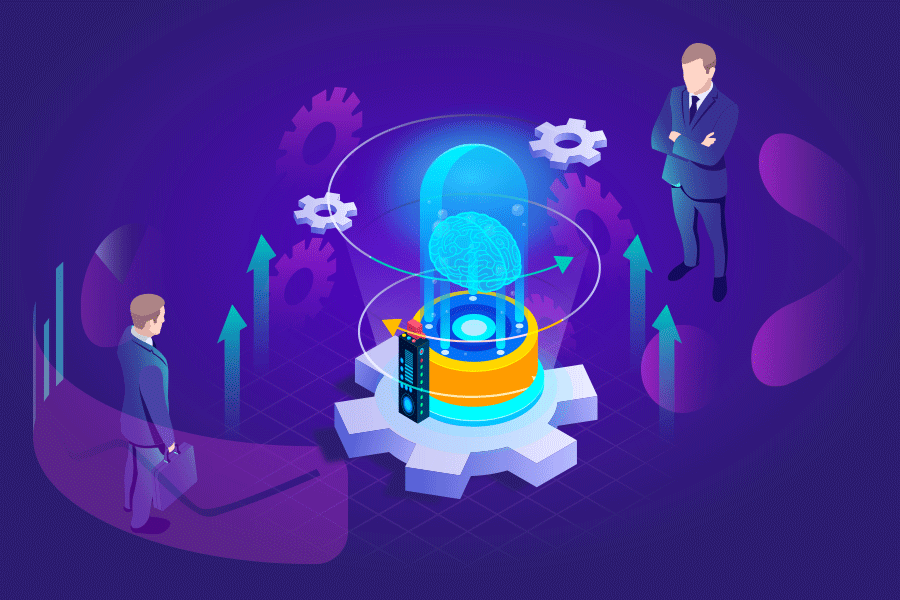
For academics, the notion of artificial intelligence is not new. Even now, a few traditions suggest that mechanical men existed in Ancient Greece and Egypt.
Who Develop First Artificial Intelligence?
Artificial intelligence has advanced significantly over the years. New systems started to appear in the early 1900s, but it was in 1929 that a robust approach from Japan rose to prominence and shocked the globe.
What country originated artificial intelligence?
In 1956, a symposium hosted by the Dartmouth Summer Research Project on Artificial Intelligence introduced the world to artificial intelligence.
Did AI start when?
Can a computer think? When he created the “Turing Test,” Alan Turing advanced this theory. After that, in 1951, John McCarthy proposed the concept of automation and cognitive processes in a machine and created the phrase “artificial intelligence.” The first automated robot, “Unimate,” created by the business GM, displaced people in the vehicle assembly factory in 1961. After the theory of artificial intelligence was initially put out, other institutions and labs began researching its algorithms.
MIT scientist Joseph Weizenbaum created a chatbot in 1964 that could converse with people. Scientists at Stanford University proposed the first “electronic person” or robot with human-like characteristics. The era of artificial intelligence started, with the first examples being the sophisticated machine learning algorithms used in the 21st century or virtual assistants.
Who Was The Man Who First Developed Artificial Intelligence?
Although artificial intelligence as a concept has been around since the nineteenth century, it was put into practice in a way that replicates human behaviour in the late 2000s. Artificial intelligence is attributed to having been invented by John McCarthy.
How Is Artificial Intelligence Transforming The World?
Artificial intelligence is helpful in the healthcare industry: With the aid of certain robots acting as frontline COVID-19 fighters, artificial intelligence can help to reduce the CORONA pandemic’s spread. Machines can help doctors choose the best course of therapy for a patient based on thousands of factors with the use of artificial intelligence (AI).
Drone-Assisted Immediate And Urgent Transportation Of Pharmaceutical Products:
Drones are machines that can move things very quickly, and, in particular, they can fly. Anything will become immediate with drones, including package delivery, emergency responses, and urgent medicinal product deliveries.
Perfect Work
Any industry that uses robots will experience a reduction in manufacturing defects and a shortening of shipment times.
The Emergence Of Electric Cars With Autonomy
Electric autonomous cars are being created using artificial intelligence to improve the productivity of farms.
Artificial Intelligence increases farmers’ Yields.
The population is expanding quickly and needs more food; therefore, by utilizing AI, we can control weeds, check crop health, diagnose the soil, and anticipate the weather, which increases productivity.
Enhancing Businesses Through Artificial Intelligence
By implementing the appropriate AI technology, your company can automate and optimize repetitive jobs and processes, saving time and money.
How Does Artificial Intelligence Work?
Learning the patterns in a dataset is how artificial intelligence operates. It employs a sophisticated and iterative gathering technique to aggregate and compile a sizable amount of data for a particular goal. It then searches for patterns in the data to forecast the outcome for a given input.
Why do we need artificial intelligence?
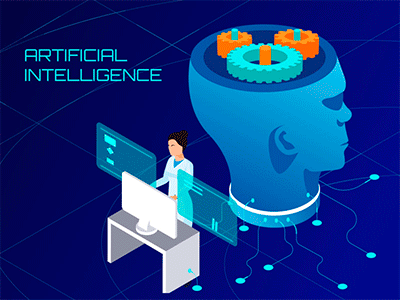
It makes sense to automate repetitive tasks. This boosts productivity while preserving the organization’s human resources.
Advantages And Disadvantages Of Artificial Intelligence?
The benefits of artificial intelligence include simplifying, time savings, removing biases, and deploy ai to monitor customer’s workers. The disadvantages include expensive implementation, a potential loss of human jobs, and the need for creativity and emotion.
Advantages of AI
Everyone is aware that AI provides companies with an advantage. AI is used by businesses like operations banks deploy ai monitor customer’s workers. Your company can reach its goals faster and more precisely by implementing AI.
Reduces Risk And Human Error
The first significant benefit of using AI is that it reduces the danger to people and human mistakes.
Artificial intelligence (AI) may avoid human mistakes tainting an otherwise perfectly usable product or service by performing activities, especially repeated ones.
24/7 availability
Humans only work eight hours daily, whereas AI algorithms are constantly available. Making decisions without prejudice.
Repeated tasks
Even the most exciting profession in the world involves boring or repetitive tasks.
Cost-Cutting
Algorithms for data capture and analysis can aid in processing more significant amounts of complex data to make it usable for analysis.
Disadvantages of artificial intelligence
With all the benefits mentioned above, using AI for your company may seem like a no-brainer. Adopting AI offers many advantages and drawbacks, such as the installation expense and deterioration with time.
Expensive Execution
The most significant and evident disadvantage of using AI is its high development expense. Once AI is wholly installed and can assist in improving the workflow, the cost is eventually offset.
Lack of creativity and emotion
The inability of AI to make judgments using emotion and creativity is its next drawback. AI cannot invent novel solutions to problems or flourish in highly creative professions due to its lack of imagination.
It gets better with practice.
Like the assertion mentioned above, AI cannot naturally learn from its own experience and failures. People naturally want to avoid repeating the same mistakes over and over again.
Reduced Human Employment
This is another disadvantage that many people are immediately aware of because of several headlines throughout the years.
Read more:https://pingquill.com/artificial-intelligence/ai-and-intelligent-automation-an-atm-for-it/
Conclusion
AI power is a system that imitates human intellect using computers and other devices. It comprehends action, emotion, and memory. It is capable of understanding intentions and behavior prediction. It’s a complicated system requiring in-depth knowledge of both the subject and algorithms.
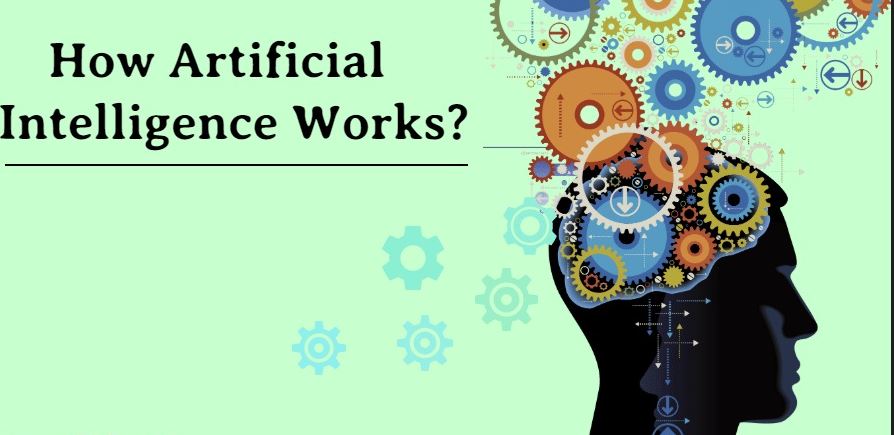

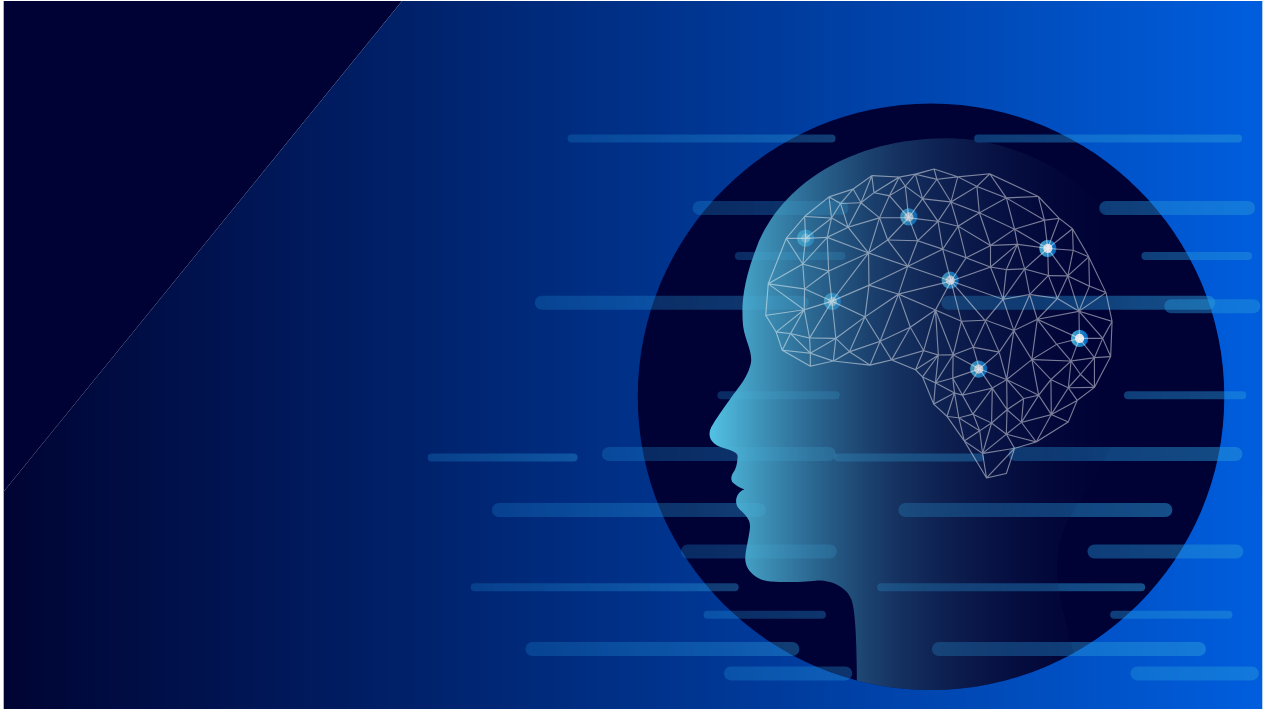


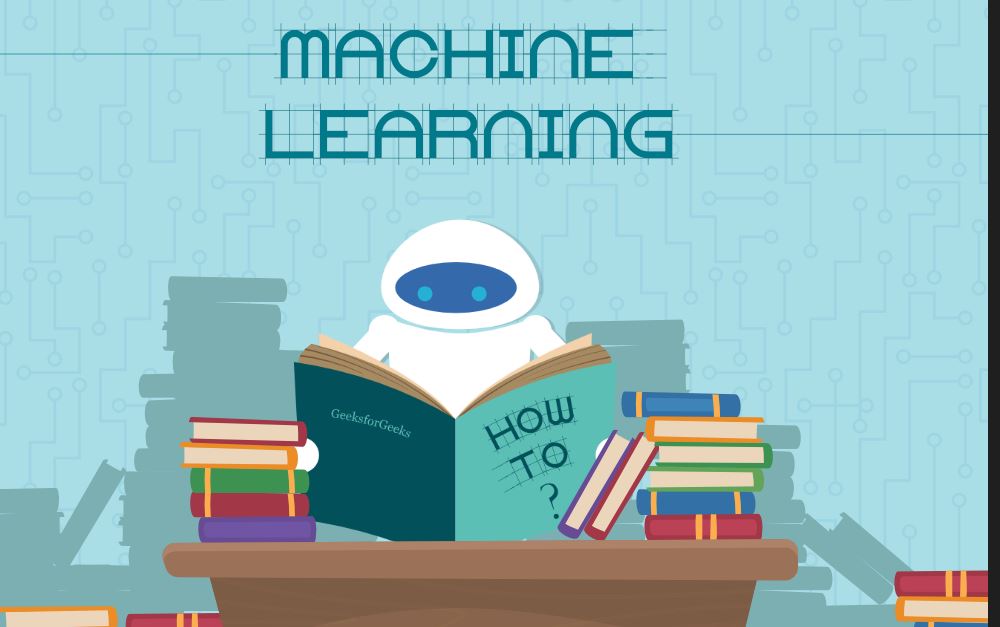
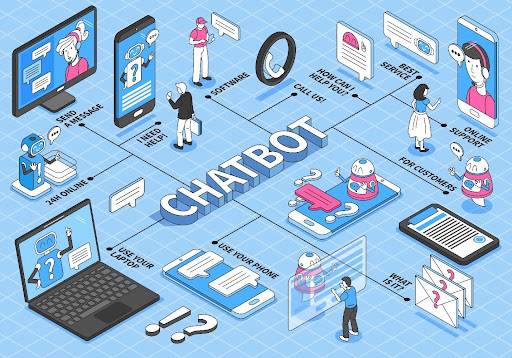
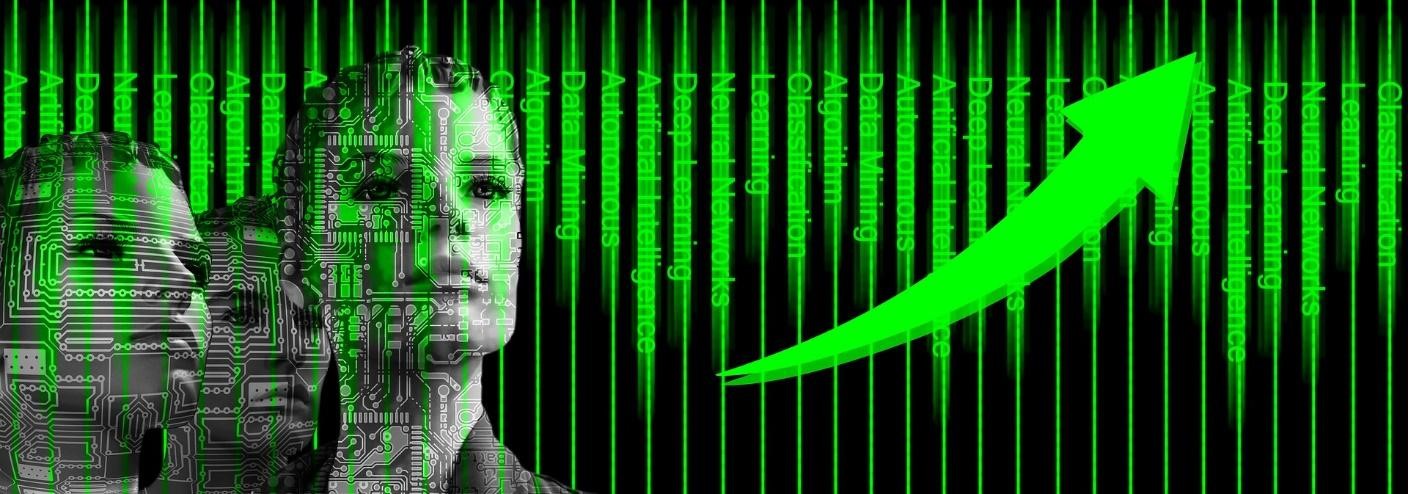
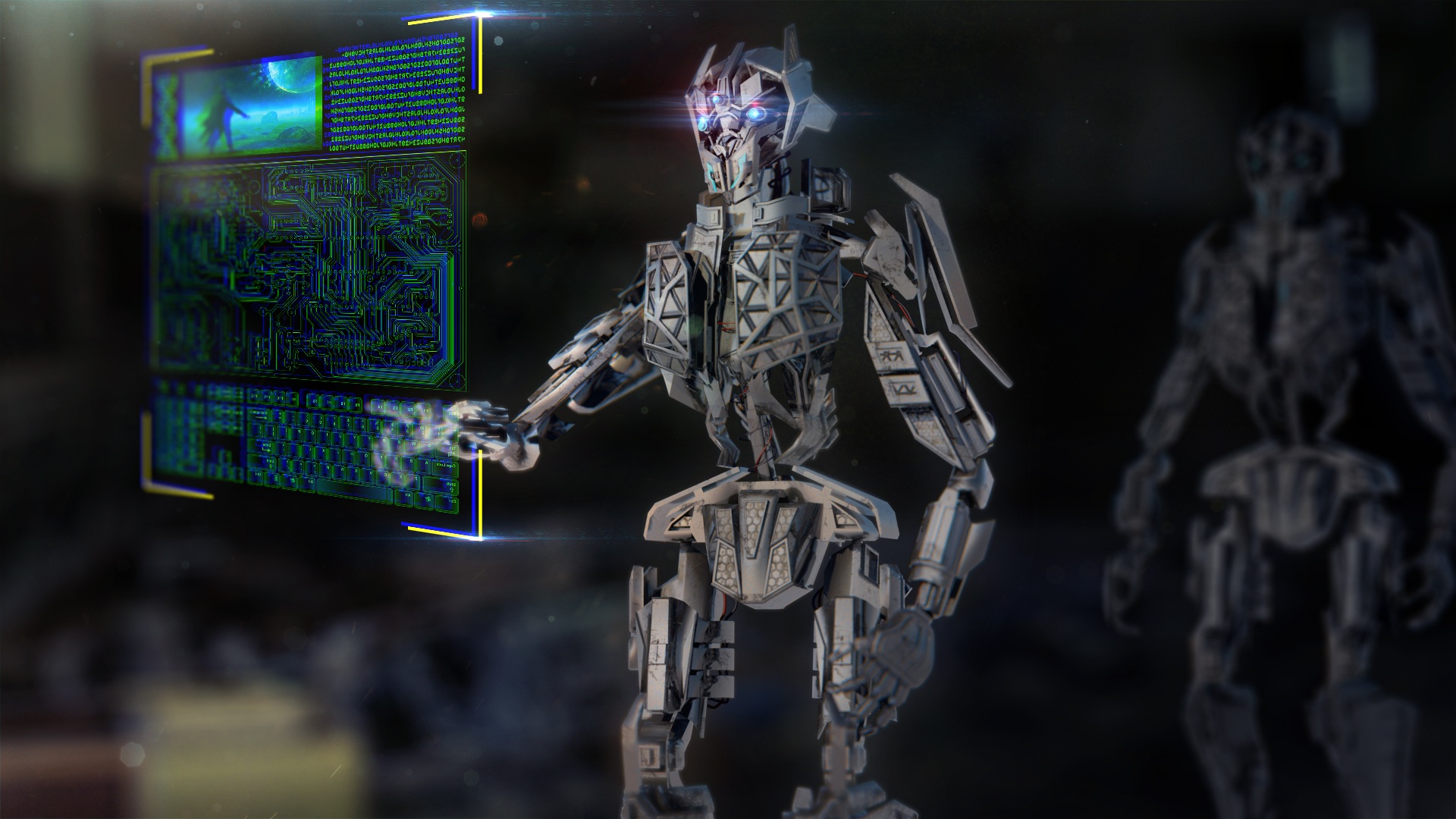

3 Comments
[…] intelligently, machine learning is a subset of artificial intelligence technology. In contrast to artificial intelligence (AI) technology, which imitates human intellect by enabling computers to learn from experience, machine learning […]
[…] autonomous systems, cybersecurity, automation, RPA, and other advantages provided by AI models. Artificial intelligence (AI) has permeated every sphere of our civilization and way of life over the past ten years. The […]
[…] field of computer science known as “artificial intelligence (AI) has the potential to profoundly alter how healthcare is provided. In order to enhance population […]